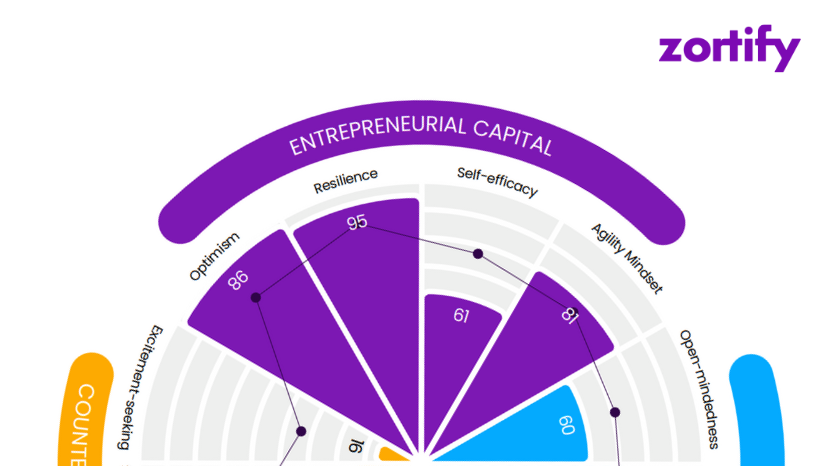Why should psychology be considered in due diligence?

When it comes to conducting due diligence, most people focus on analyzing financial statements, legal documents, and other technical information. However, it’s important not to overlook the role of psychology in due diligence. Here are some reasons why psychology should be considered when conducting due diligence.
According to Oxford Languages, the definition of Due diligence in this matter is:. A comprehensive appraisal of a business undertaken by a prospective buyer, especially to establish its assets and liabilities and evaluate its commercial potential.
Understanding the Human Element
At its core, due diligence is about understanding the risks and opportunities associated with a potential investment. And when it comes to risks and opportunities, it’s important to consider the human element. Understanding the people involved in a potential investment, including their personalities, motivations, and decision-making processes; can provide valuable insights into the potential risks and opportunities associated with that investment.
For example, if a potential investment involves a CEO. Who has a history of making impulsive decisions or has a reputation for being difficult to work with. This could be a red flag that suggests additional risks that should be investigated further. Alternatively, if a potential investment involves a management team. That has a proven track record of successfully navigating difficult market conditions. This could be a positive sign that suggests that the investment may be less risky than it appears on the surface.
Assessing Cultural Fit
In addition to understanding the personalities and motivations of key individuals involved in a potential investment. It’s also important to consider the cultural fit between the investment and the investor. This includes not only the culture of the company or organization being invested in but also the culture of the investor.
For example, if an investor values social responsibility and environmental sustainability. They may be reluctant to invest in a company that has a history of violating environmental regulations or engaging in unethical business practices. Similarly, an investor who values transparency and open communication. He may be wary of investing in a company that has a history of being secretive or opaque about its operations.
By considering the cultural fit between the investment and the investor, due diligence can help to identify potential areas of misalignment that could ultimately lead to problems down the line.
Mitigating Bias and Emotion
Another reason why psychology is important in due diligence is that it can help to mitigate bias and emotion. When people make investment decisions, they are often influenced by a range of cognitive biases and emotions. Such as confirmation bias, overconfidence, and fear of missing out.
By incorporating a psychological perspective into the due diligence process, it’s possible to identify potential biases. As well as emotions that could affect judgment and develop strategies to mitigate them. This could involve conducting surveys or interviews to gain a better understanding of the emotional and cognitive factors that may influence decision making. Or decision making frameworks could be developed that aim to counteract common biases and emotional reactions.
Ensuring a Holistic Approach
Ultimately, the goal of due diligence is to ensure that all potential risks and opportunities associated with a potential investment are thoroughly assessed. By considering the role of psychology in due diligence, it’s possible to ensure a more holistic approach. That takes into account not only the technical aspects of the investment. But also the human and cultural factors that can influence the success or failure of an investment.
Conclusion
When conducting due diligence, it’s important not to overlook the role of psychology. By understanding the personalities, motivations, and decision-making processes of key individuals involved in a potential investment. As well as the cultural fit between the investment and the investor. Due diligence can help to identify potential risks and opportunities that might otherwise be missed. Additionally, by bringing a psychological perspective to due diligence, it’s possible to mitigate biases and emotions that may be clouding judgment. And to ensure a more holistic approach that takes into account all potential factors that can influence the success or failure of an investment.
Prof. Dr. Florian Feltes
Prof. Dr. Florian Feltes is co-founder and co-CEO of zortify and a forerunner in AI-supported HR innovation. Together with his team, he develops intelligent personality diagnostics and helps companies identify the perfect candidates—without expensive assessments and without bias. His vision: a world in which every company can effortlessly form high-performance teams and create work environments that allow human potential to flourish.


Why Due Diligence matters: The importance of personality analysis in investment decisions

“I can do it!”
